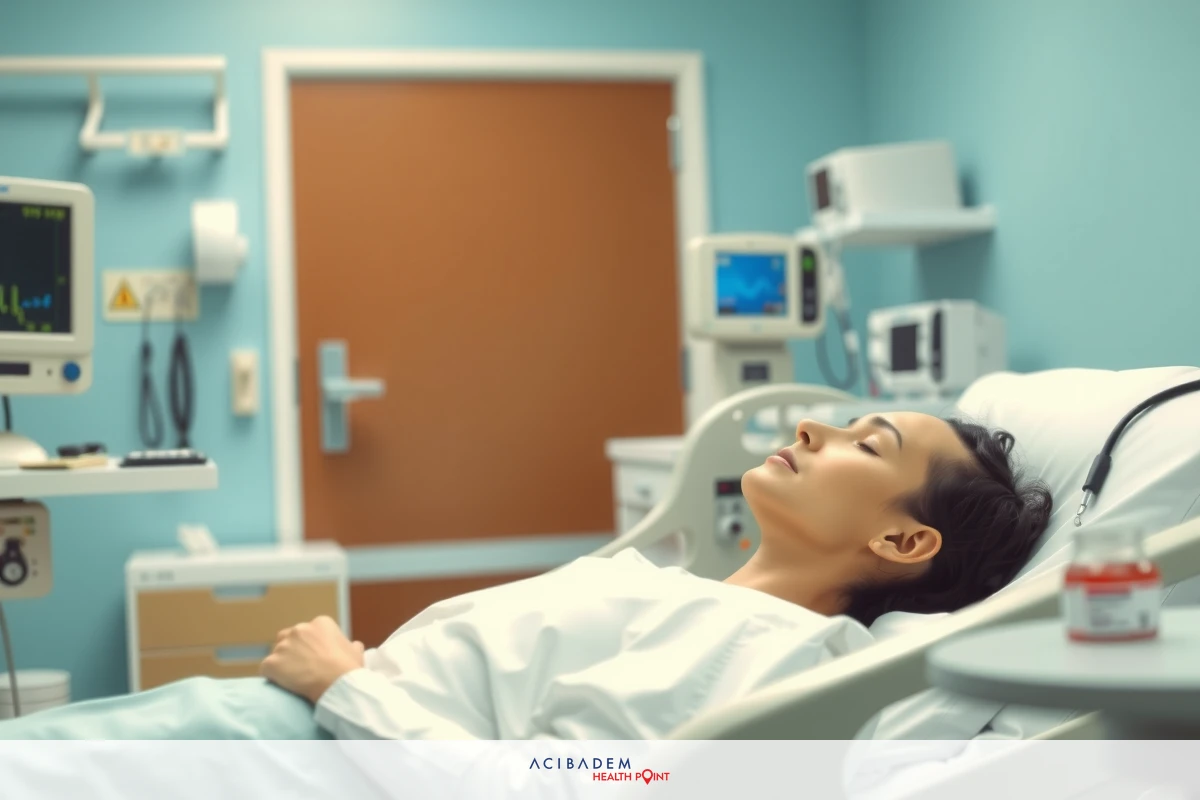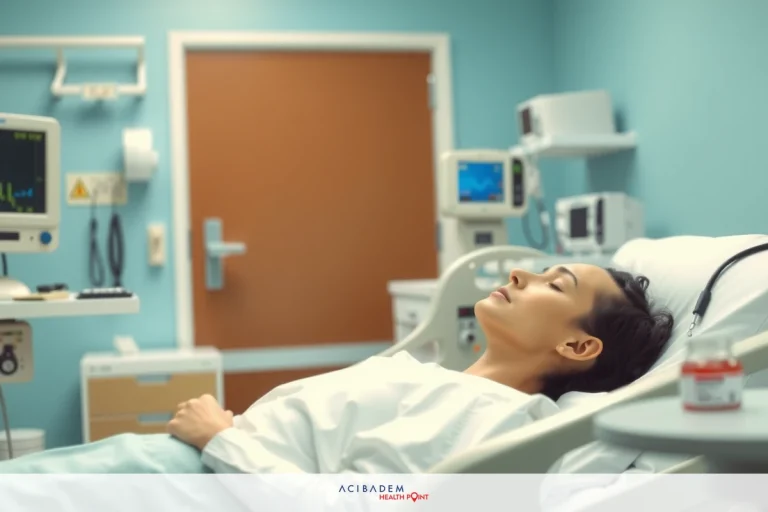Can I Blow Nose After Rhinoplasty?
Can I Blow Nose After Rhinoplasty? Rhinoplasty, is one of the most popular forms of cosmetic surgery. But the journey doesn’t end once you leave the operating room – post-operative care plays just as crucial a role in achieving desired results.
One such concern many patients face revolves around blowing their nose after rhinoplasty. It may seem like an innocuous act, but it’s laden with implications for healing and recovery. This article sheds light on this aspect of post-operative care, offering insights into when and how to safely blow your nose following a rhinoplasty procedure.
When Can I Blow My Nose?
After undergoing rhinoplasty, there’s a recommended timeframe that patients should follow before they resume regular activities such as blowing their nose. This period is crucial for the healing process and to ensure optimal results from the surgery. The act of blowing your nose might seem trivial, but it can exert pressure on the nasal tissues which are still in recovery.
The exact duration varies between individuals depending upon factors like the complexity of surgery, individual healing capacity, and adherence to post-operative care guidelines; however, most surgeons recommend abstaining from blowing your nose for at least two weeks after rhinoplasty. During this time frame, any excess mucus or congestion can be managed with saline sprays prescribed by your surgeon. It’s also essential to avoid strenuous physical activity during this period as it could lead to increased blood flow and possible bleeding complications.
Once you cross this initial threshold, remember that patience is key. Start gently when you blow your nose – sudden forceful actions might disrupt sutures or harm delicate structures that are still healing. Your progress will be monitored through follow-up appointments where further personalized advice will be provided based on how well you’re recovering from your rhinoplasty procedure.
Guidelines for Blowing Your Nose
Navigating the post-operative period after a rhinoplasty procedure requires careful attention to various guidelines, particularly when it comes to blowing your nose. This seemingly simple act can have a significant impact on your recovery process and ultimately, the results of your surgery. Here are some specific instructions that can guide you through this crucial phase:
- Wait at least two weeks or until given approval by your surgeon before attempting to blow your nose.
- Use saline sprays as directed by medical professionals to manage congestion during the initial recovery stage.
- When you start blowing your nose again, do so gently and avoid forceful actions that could disrupt healing structures.
- If you feel strong congestion or blockage, consult with healthcare providers instead of trying to clear it yourself forcibly.
- Maintain good hygiene practices around nasal care; clean tissues should be used each time.
Following these guidelines not only helps protect the surgical work done but also ensures an optimal environment for healing and recovery from rhinoplasty surgery. Remember every individual’s experience is unique; while these guidelines provide a general framework, always prioritize advice given specifically by healthcare professionals overseeing your case.
Importance of Post-Operative Care

Post-operative care is a central pillar in determining the success of any surgical procedure, rhinoplasty included. It’s not just about ensuring a smooth recovery process; it has direct implications for how well the desired results from surgery are achieved and maintained. Proper post-operative care also minimizes risks associated with complications such as infections or structural damage, thereby contributing to overall patient safety.
The guidelines relating to blowing your nose after rhinoplasty form part of these broader post-operative instructions. While they might seem restrictive initially, especially when dealing with congestion or discomfort, adhering to them promotes optimal healing conditions for the nasal tissues. Remember that each action – whether it’s gently clearing out mucus using saline sprays or refraining from forceful noseblowing – serves an important purpose in safeguarding your new nasal structure during its vulnerable healing phase.
Patient discipline and cooperation play significant roles here too. Rhinoplasty is not only about what happens on the operating table but also heavily relies on how patients manage their recovery at home. The commitment towards following post-operative care instructions closely can make a world of difference in their comfort levels throughout recovery and satisfaction with surgery outcomes once fully healed.
Frequently Asked Questions
When can I start blowing my nose after rhinoplasty surgery?
The general recommendation is to wait at least two weeks post-surgery before you attempt to blow your nose. This timeframe could vary depending on individual factors such as the complexity of the surgery and personal healing capacity.
What should I do if I feel congested during this period?
If congestion becomes uncomfortable, consult with your surgeon or healthcare provider. You may be prescribed saline sprays that can help manage these symptoms without causing harm to healing nasal tissues.
How should I blow my nose once allowed?
It's advisable to gently clear each nostril separately, avoiding any forceful actions. Remember, patience is key – sudden exertions might disrupt sutures or cause damage to still-healing structures in the nose.
Why is following these guidelines so important for recovery from rhinoplasty?
Adherence to post-operative care instructions ensures an optimal environment for healing and minimizes risks associated with complications. It also plays a significant role in achieving desired results from your surgery and maintaining them over time.











